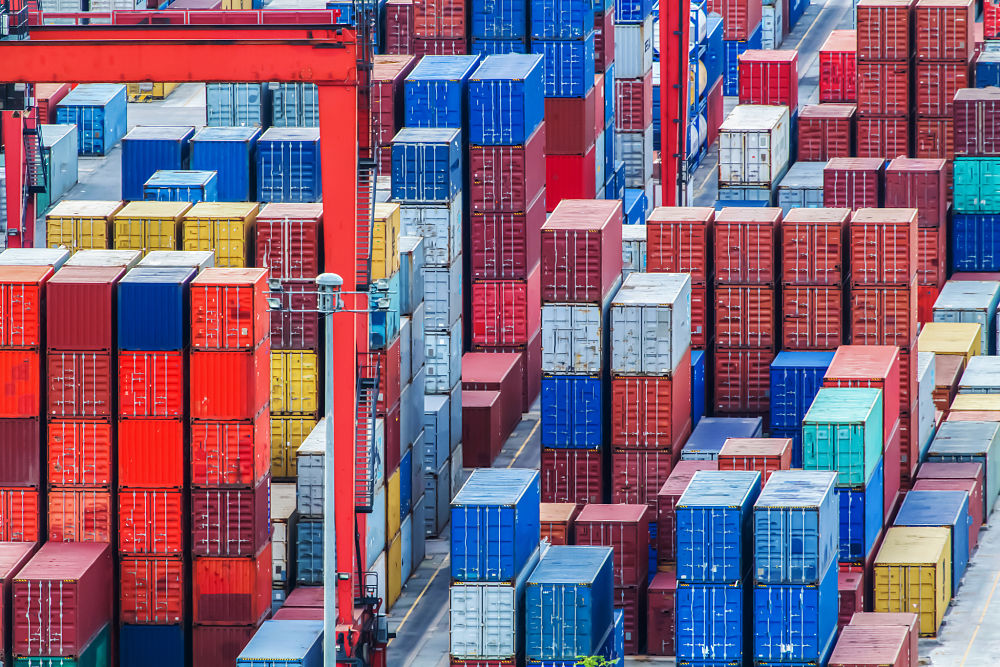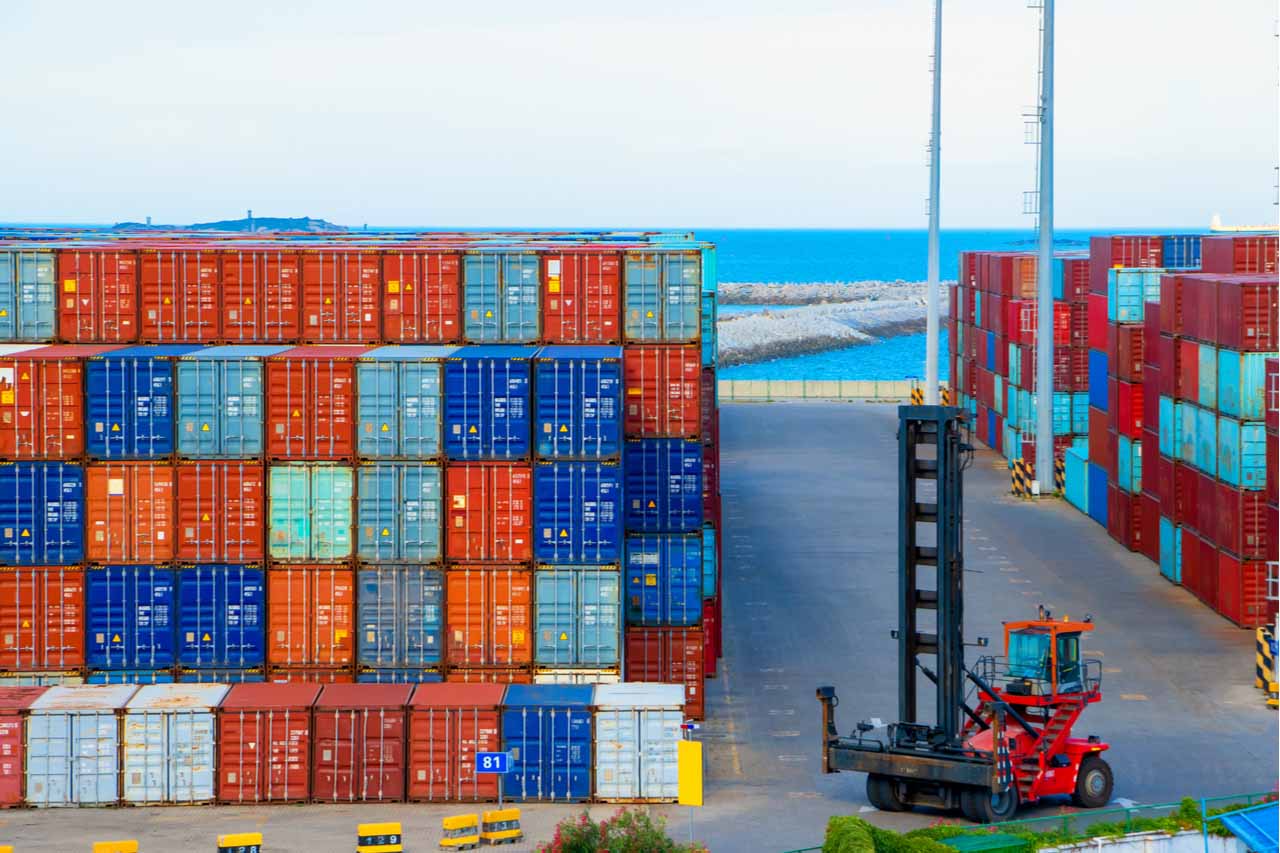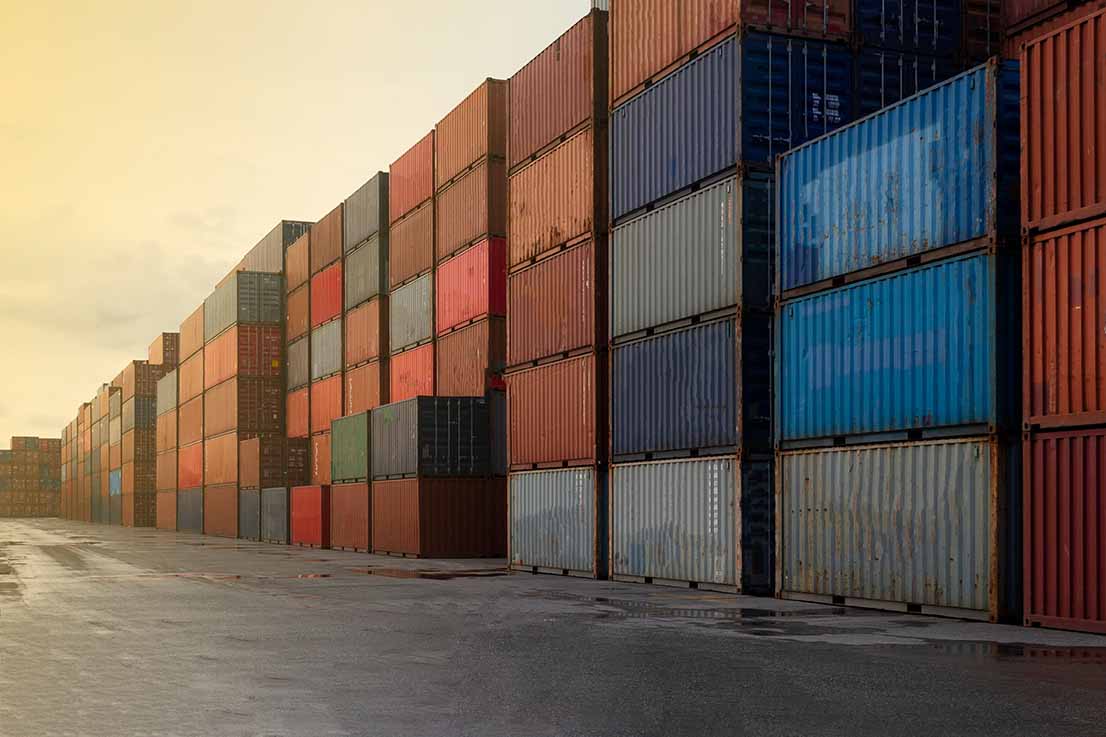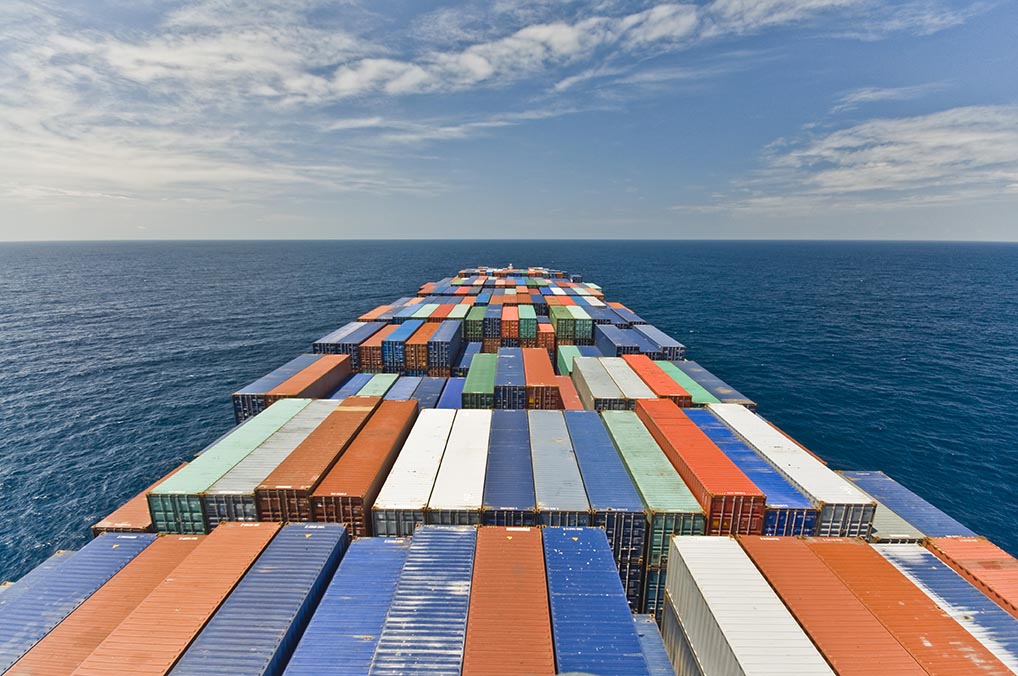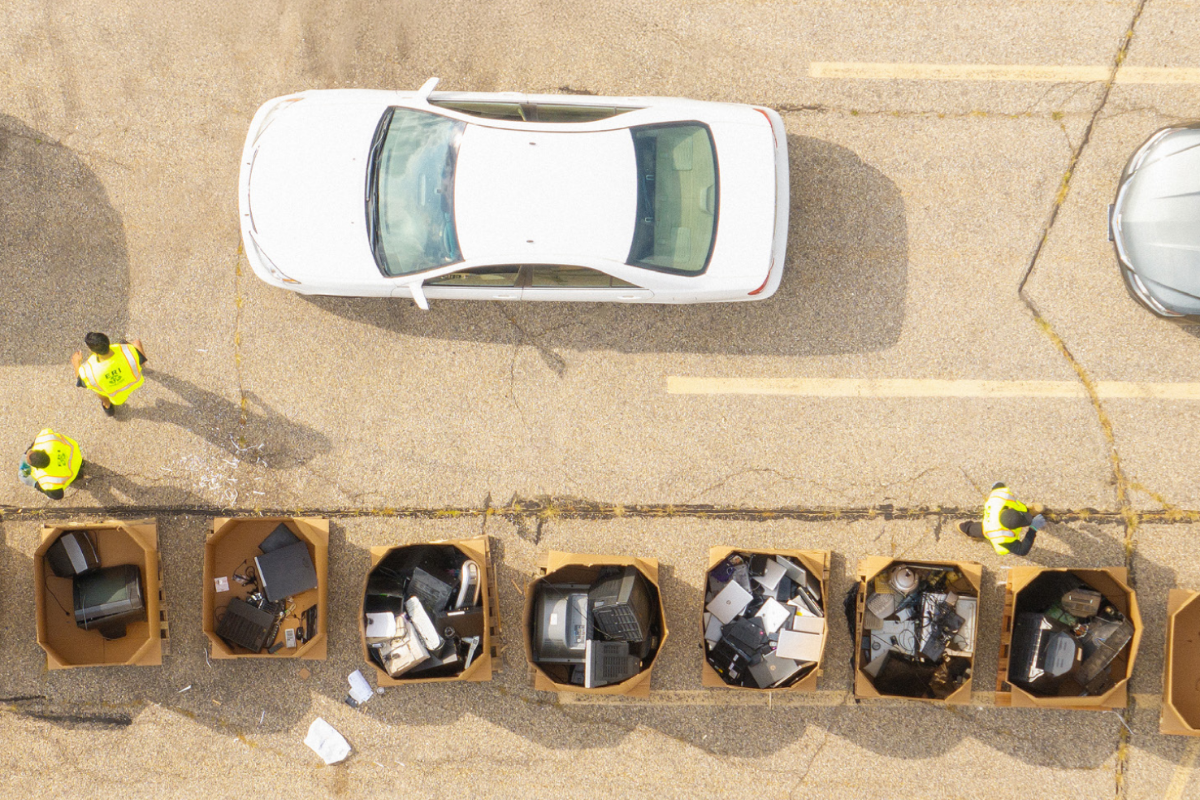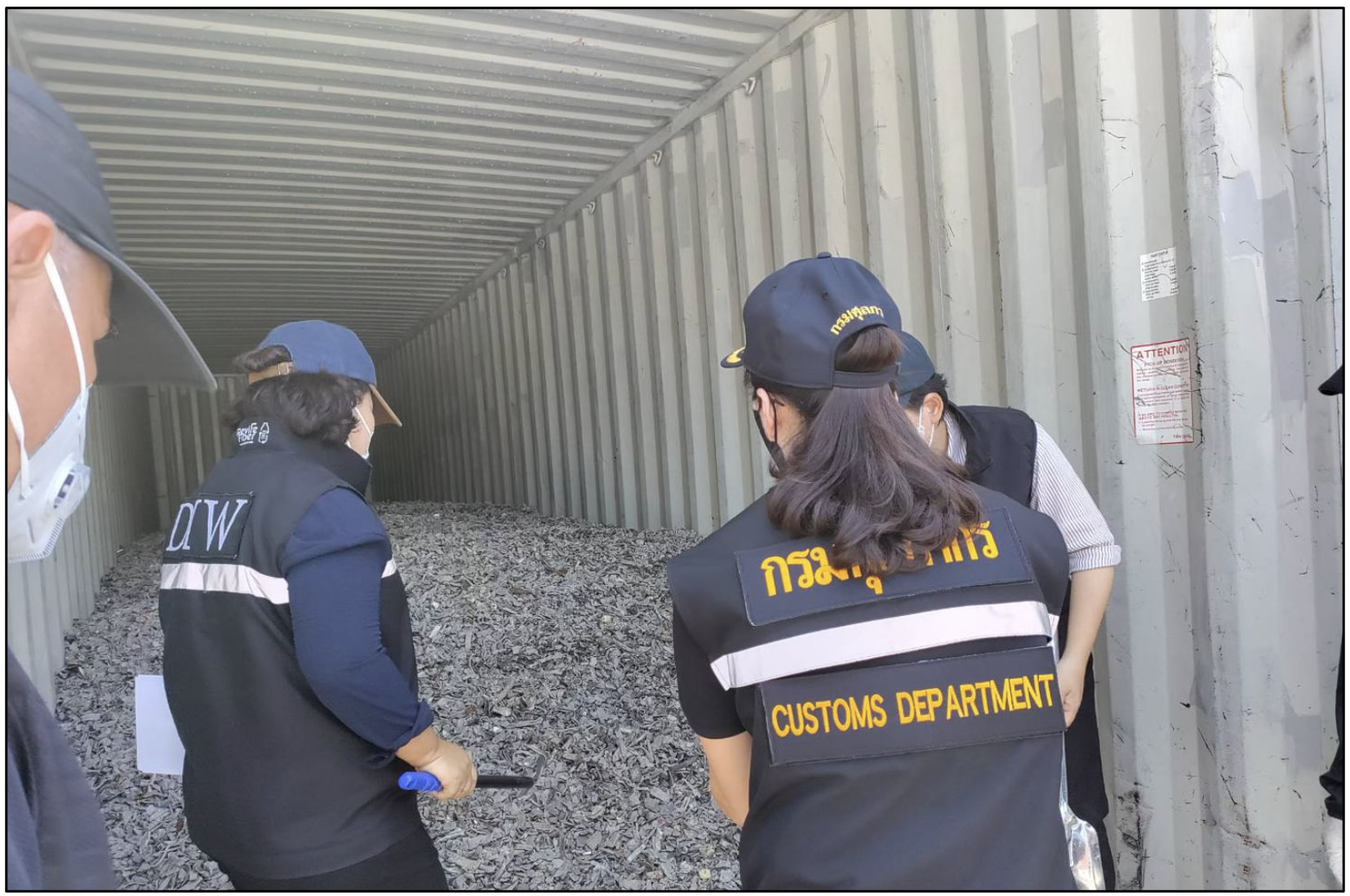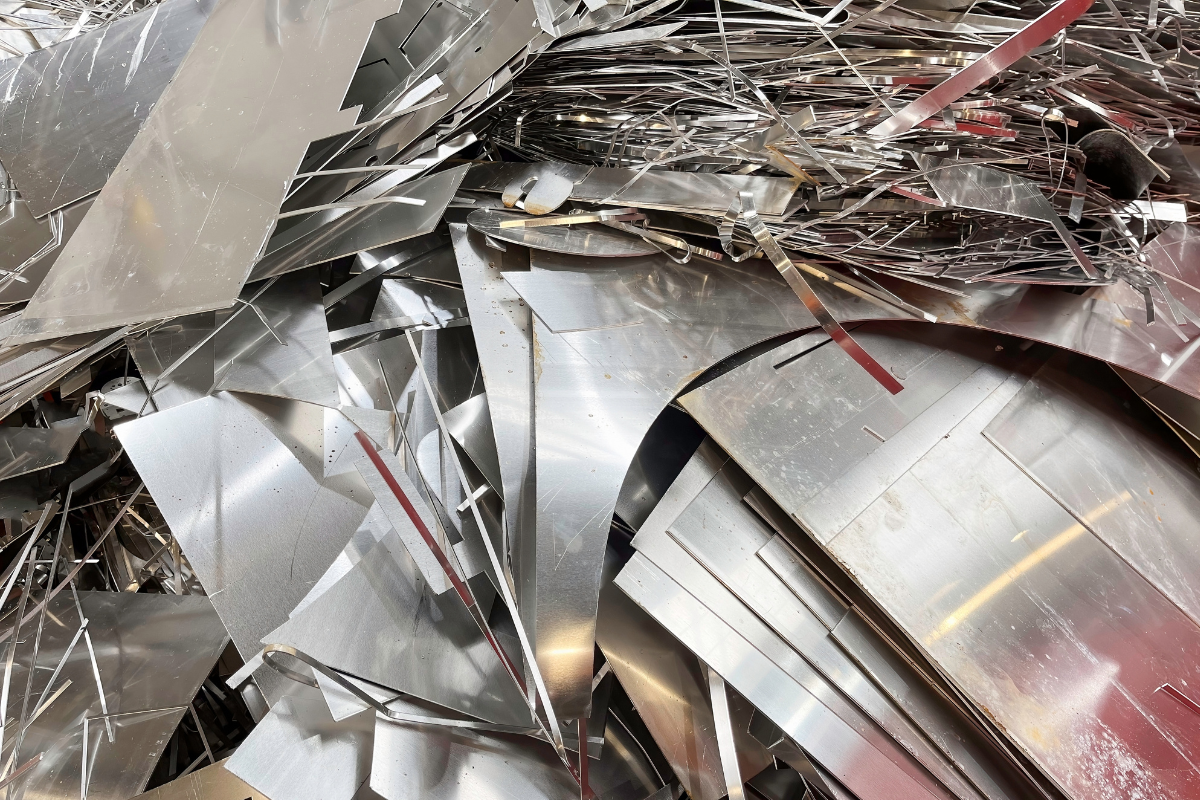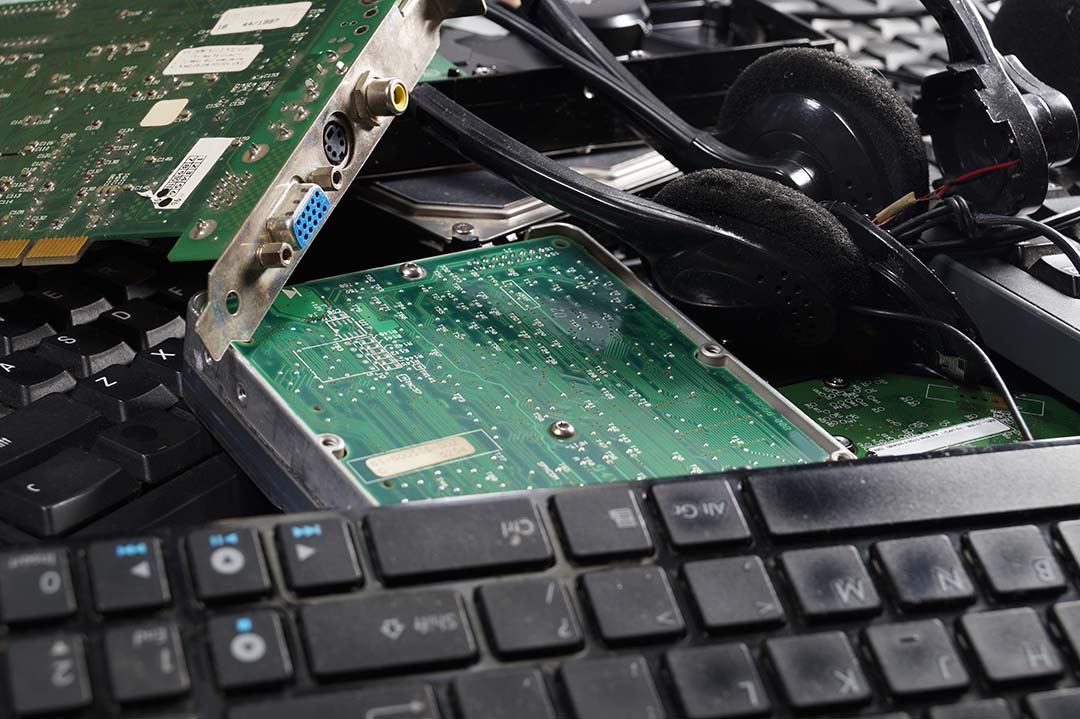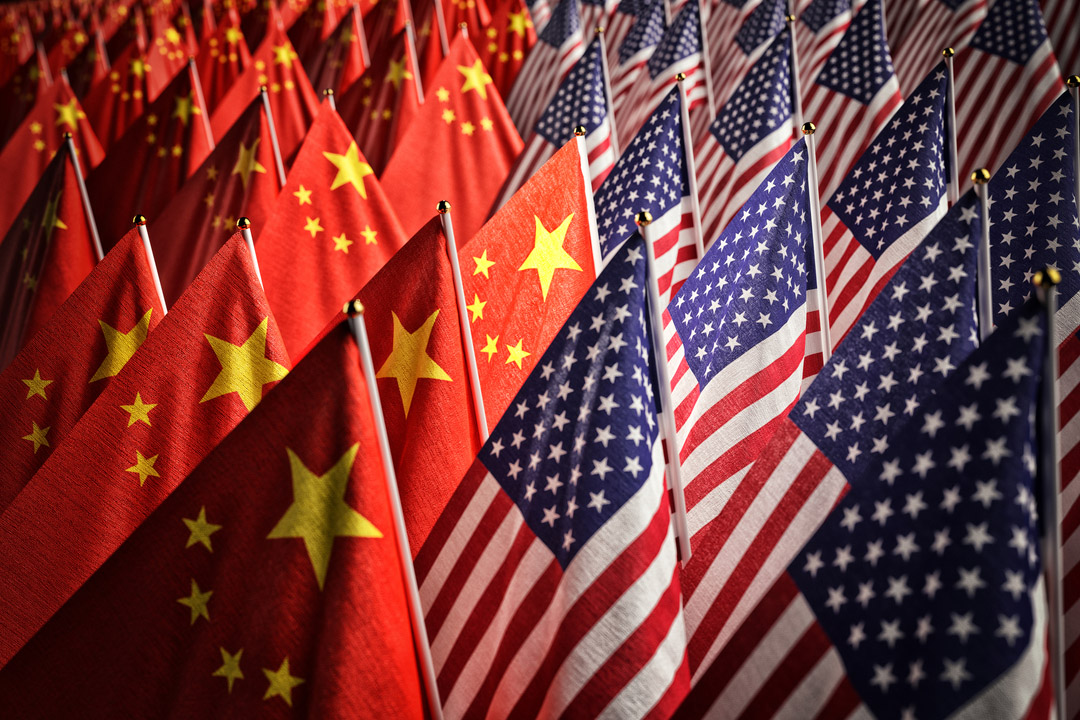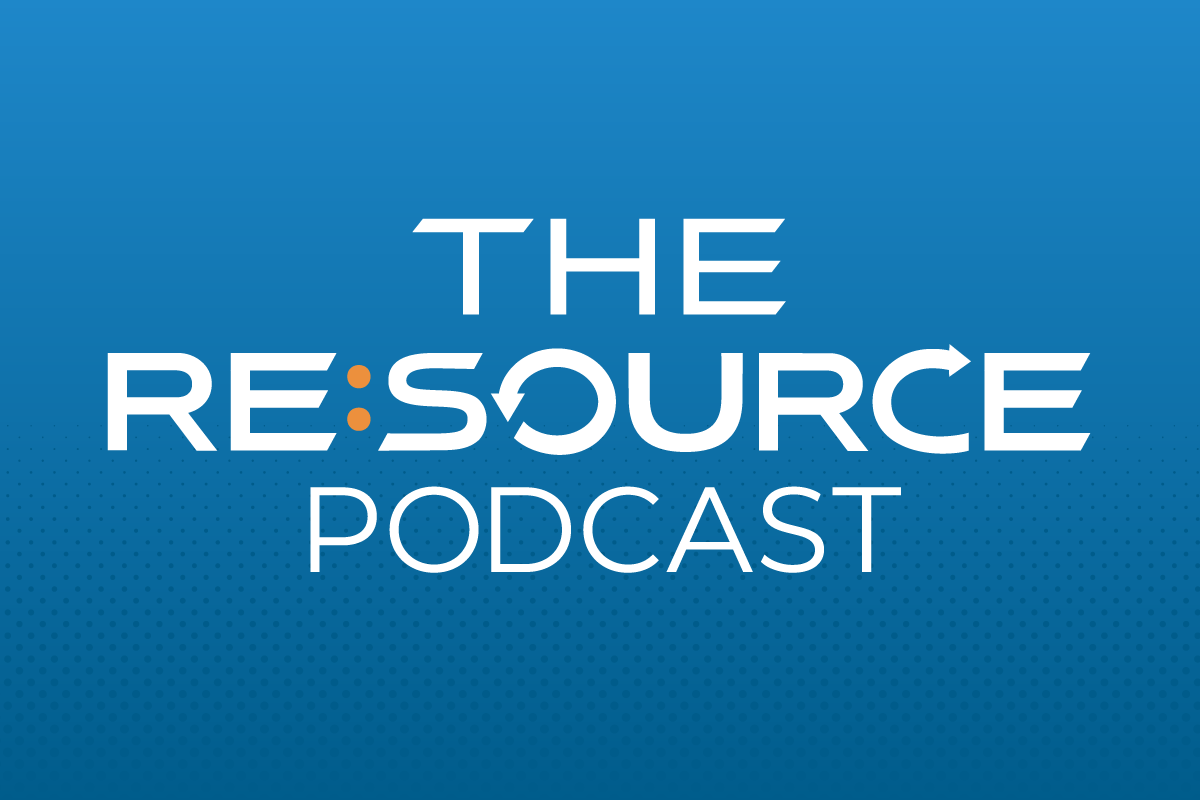
In this first episode of The Re:Source, Chris Kaasmann, Greenchip’s vice president of compliance, and Jeff Gloyd of Gloyd Recycling Solutions discuss E-Scrap Conference 2025 and industry trends for 2026.
Welcome to The Re:Source, a podcast for insights, strategies and stories from the world of materials management, recycling and the circular economy. Each episode features conversations with industry leaders, innovators and policy makers who are transforming the way we use, recover, redesign and rethink resources, from breakthrough technologies to successful programs and practical tips. Continue Reading


